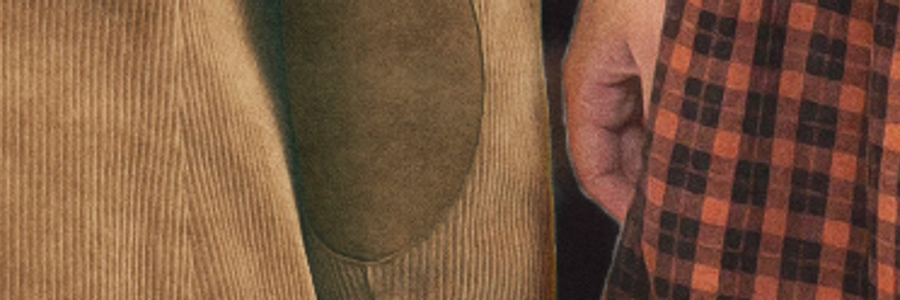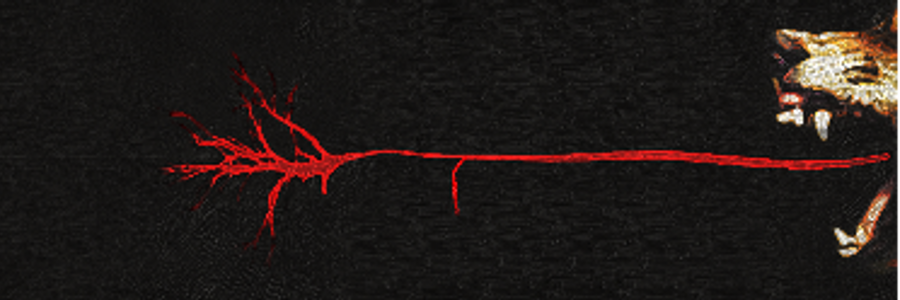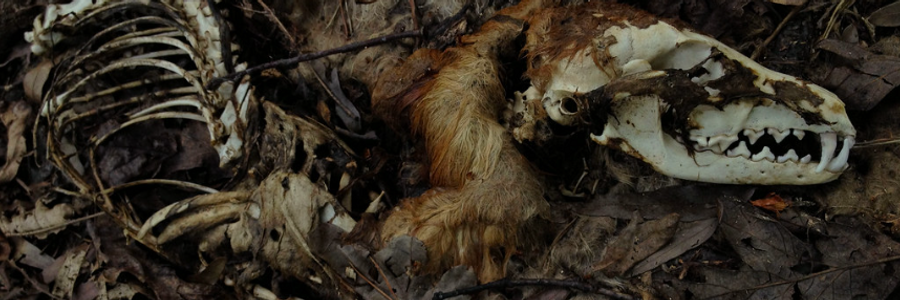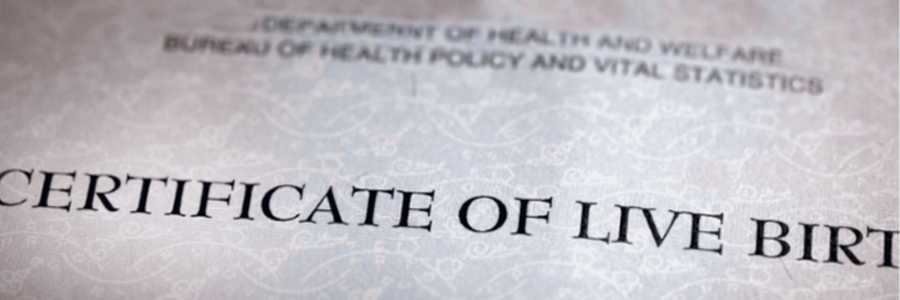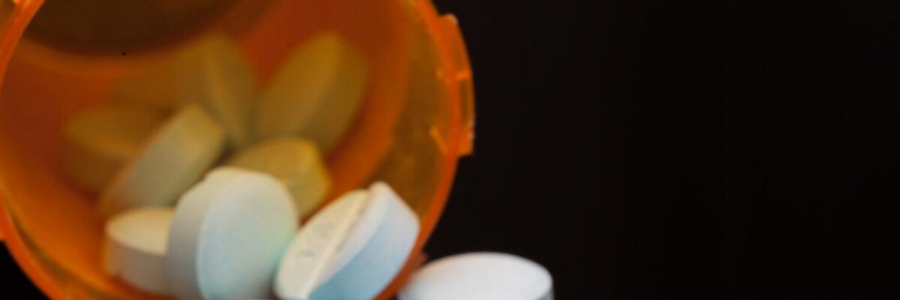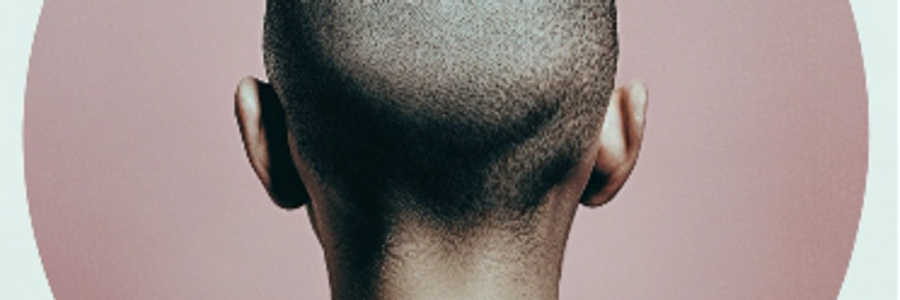“Do you like the White Stripes?” she asked at last.
J.M.Liles © 2025
This was it. Precursor to adulthood.
He leaned back. A thump against the headboard.
It caught him off-guard. The question.
She crossed her arms, shielding herself from
the answer she had steeled herself against
on the way here. A dozen times prior,
she dreamt this night without considering
reality—the difference between
them. A vast gorge, though she sat atop him.
And neither said a thing. Eyes paired. Minds blank.
And knowing, all at once.
Barely exchanging words before this night,
it wasn’t unusual for them to
remain in silent awareness of one
another. It had been their game. Their rush.
To move around each other in cosmic
interlude. Brush of an arm. Flicker of
a knowing smile. But never collide.
They enjoyed leaving each other like
shelved books waiting eagerly to be read.
I don’t remember when she first saw him,
developed interest in him. Or why? Though,
I imagine it was because he was
unobtainable. A relic of times
past. A gentleman. An academic.
Something she passed by store windows just to
pleasingly gather with her eyes, not hands.
She saw him at a house party, perhaps?
Slight of build. Bold in presence. A smart nose.
Probably softly detailed in a warm
bath of tungsten. Surrounded by friends he
had known since before university.
Most likely with hand in left pocket
or tucked in camel-colored swells, vintage
corduroy—the jacket synonymous
with hipsters those days, all elbow patches.
She often thought he had seemingly
stepped straight out of a Wes Anderson film.
He, nursing a Jack and Coke in a red
Solo cup or some ridiculous drink
concocted by one of many oddball
assortment of childhood friends that still
bemused him and secretly pitied.
They would never leave this town. Not like him.
A steady, reliable fellow, they
said—those friends. Steady. Reliable. Yes.
As he stole small, innocuous glances
of her from the isolated safety
of conversations that included her
but were never designed to keep her there.
He could pick the quiet lilt of her voice from a crowd
even whilst he filled-in a friend of a friend or ex
on his intention with a degree that
he felt mildly embarrassed to admit.
“Philosophy, or was it English?”
There were only three possible outcomes
a mentor had outwardly warned him of:
Write the story, teach the story, or find
a different story altogether.
“Better off joining your father’s law firm.”
But he chose his love of words, not loopholes.
And this was their story. A contraction.
It was her birthday. Invitation sent.
She usually hated her own birthday.
But she was drunk. And somehow, they were here.
Gently lifted her dress over her head.
Linen, brown, black, in plaid babydoll threads.
Held gentle velvet, her hips, moon-soaked skin.
His hands moved to midriff. Hesitated
to further touch. She sat atop, arms cross.
“Do you like the White Stripes?” she repeated.
He looked into her face at this moment.
It was dark, but not nearly so that he
couldn’t see her meaning. Weak dawn soaking
into sheets and down—illuminating.
A macabre joke from a girl trying to
lighten the weight of a vulgar reveal.
A skin, lived-in horror versus naive
prose. A story too real, too late to hide.
Lines of a different genre.
He read the narrative of her body
like the saddest synopsis that he knew
he would never finish, nor understand.
“Would you like me to leave?” She knew. She still asked.
He said nothing. He said everything.
Their moment had passed.
And now birds were singing their names to mates
separated by southern obscurity.
Survived the strays that hunted them. Summer
sun rising. No reprieve. Heat creeping back.
He watched disrupted sweat pool in her clavicle,
then angle down her sternum as she replaced
garments he had removed.
Closing the book on romance.
She left his bed, and he left her hanging.
The boy who had wanted to write stories.
The girl who lived them, but no one read.
I heard he went back to school and is an attorney.
Wolf Like Me
J.M.Liles © 2025
Here it comes again. Another yearly
Reminder synonymous with that which
Has been lost. The new memories we will
Never make. Assumptions never dispelled and
Similarities unidentified.
The laugh rarely heard, never forgotten.
Instead, in its place, I have this same face.
This pretense, resemblance. Shape of her eyes.
Lateral structures, some repeat mistakes–
Like a boomerang, a curse. And a few
Expressions that I recognize though fear.
The curve of her lips, over bared teeth. Snarl.
A degenerative smile. A wolf's grin.
Challenge. Ready to strike, as she dares Them.
Through scissor-tight teeth, woven together
Space enough to justify precision
Threats, for which she would later pay in flesh,
That should have been mine. Guilt scars me instead.
For hers was a devotion imperfect,
Raw. Wild without remorse. Without mercy.
More fearsome than the reproach of any
Haunting by ghost untethered from the world’s
Diagnosis of martyrdom. She was
No victim and she was no sacrifice.
She was the Wall from which They throw themselves,
To escape her. She, a fortress for some–
Amity to those dependent on her,
A tomb for others. I am there. Captive,
Of a love unrivaled (except for grief).
There are none left brave enough to open
The vault, lest they too be stranded with me.
For as she burns, so do I—even still.
This, for all her fault, was our mother’s love.
Night Beasts
J. M. LILES
Spill cherry-red gloss, lipstick lies
Keep your secrets, I’ll read your mind
I wear a smile with fangs behind
I wear this face, it isn’t mine
Mushroom groans, wake from loam bed, push
Birds call lovers parted by dusk
Cries signify, small death ambush
I hear through ears, between the lines
Call on g-d, pull curses, make signs
Lips keep prayers, shooing black fly, blow
A perfect lily, head sway low
I see through eyes, behind veil-white
Dew-bathed blades in moonlight, we shine
Thrum of insect, earth-slow decay
At last, pillager becomes prey
I felt your heartbeat in the night
Given Name
Unwritten Name
J.M.Liles © 2025
Given a name, never well wore,
A word that felt like borrowed skin.
Assigned a fate from moment born.
A box checked to keep me within.
A word that felt like borrowed skin,
Not hers, not his, not something known.
A box checked to keep me within.
No roots to ground, no form to own.
Not hers, not his, not something known,
A drifting space, a colorless hue.
No roots to ground, no form to own,
What nature made, no g-d undo.
A drifting space, a nameless hue,
Assigned a fate from moment born.
What nature made, no man undo.
Given a name, never well wore.


